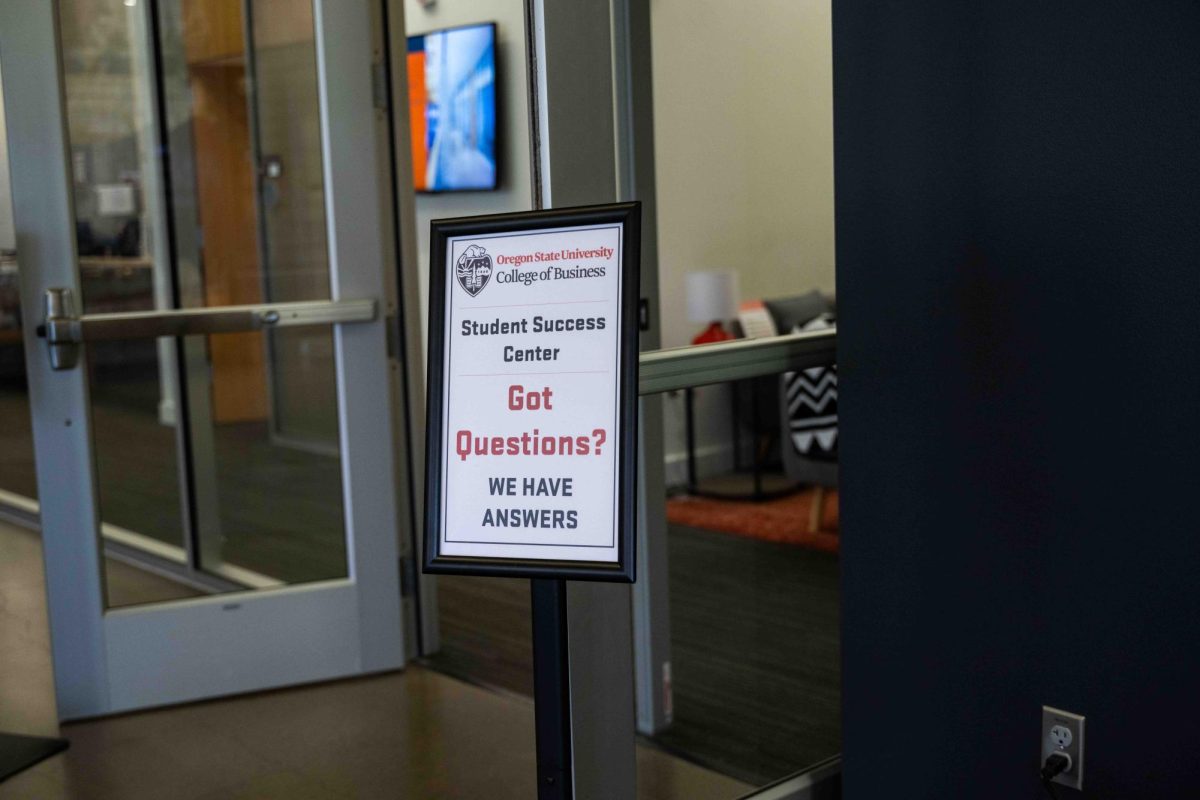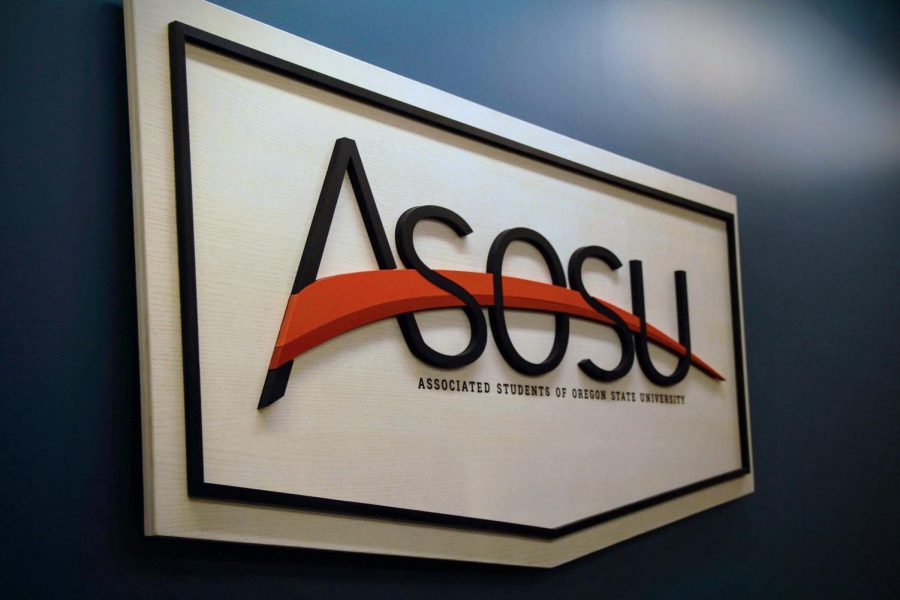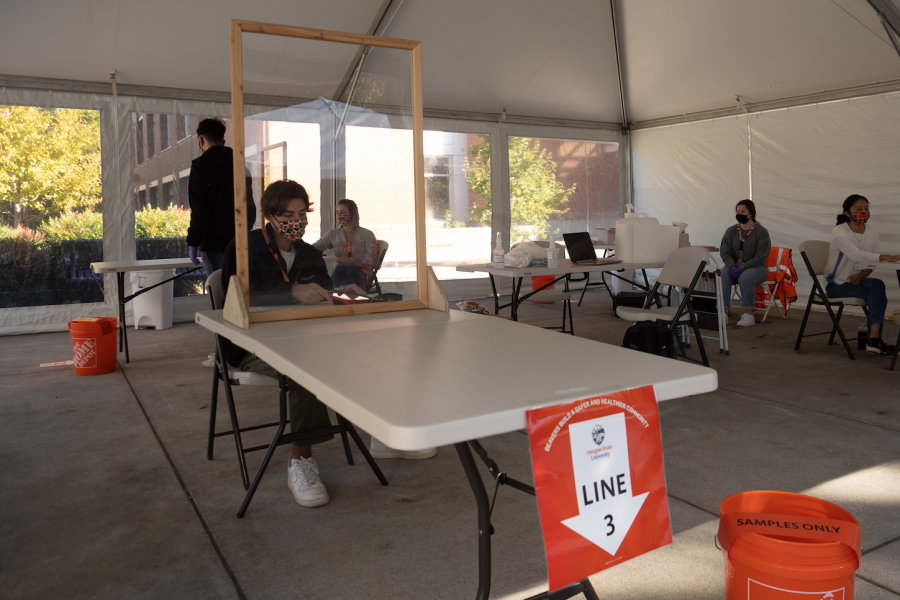TRACE program receives $2 million grant
January 4, 2021
Oregon State University’s TRACE COVID-19 program will receive a $2 million grant from the David and Lucile Packard Foundation; such funds will allow researchers to expand their efforts nationally during this crisis.
The grant was announced on Nov. 30, 2020, although the Packard Foundation has been supporting TRACE since late April 2020.
“The foundation recognized early on that researchers at Oregon State University were providing community-based virus prevalence testing that was not available in communities across Oregon and the nation,” said OSU Vice President of University Relations and Marketing Steve Clark.
According to Clark, this support from Packard was essential to TRACE’s success, and their help allowed the program to expand to Newport, Ore. With the assistance of Packard, PacificSource Health Plans and the Oregon Health Authority, the TRACE Community testing was able to test hundreds of Hermiston, Bend and Eugene residents.
On top of community testing, TRACE researchers also conduct wastewater analysis to test the overall prevalence of the virus in a given community.
With this new grant, TRACE will be expanding its efforts.
“OSU researchers will utilize the Packard Foundation grant to launch a national TRACE Center and enable the university’s COVID-19 prevalence public health project to be utilized by universities and public health institutions in other states,” Clark said. “TRACE researchers are expanding their work to not only include prevalence sampling and wastewater analysis but analysis of viral sequence data and mathematical models of the virus that causes COVID-19 that OSU researchers have developed.”
Additionally, the national TRACE center will be supporting other university and community health organization partners, helping them to monitor the prevalence of the virus in their communities.
Clark highlighted why this expansion is necessary, as the TRACE program will have the ability to help even more people, now outside of the state with more funds available.
“It is essential that communities continue to monitor the prevalence of the virus and respond to any surges as we await vaccinations being readily available throughout America and the world. By being informed, community members in states across the U.S. can maintain and increase their adherence to personal and public health measures,” Clark said.
TRACE will now be supporting national communities, the program will continue to serve OSU and Corvallis. In 2021, according to Clark, leaders of the program will determine the possibility of additional funding for more rounds of Corvallis door-to-door sampling.
Weekly wastewater testing will continue throughout Corvallis, and due to another grant from the Oregon Health Authority, OSU researchers are able to sample and analyze wastewater from more than 40 small Oregon communities to support places with populations under 5,000.
The sampling of students and employees and wastewater analysis— funded by the university as part of its resumptions plans— will also continue at OSU through winter term on the Corvallis and OSU-Cascades campuses as well as at the Hatfield Marine Science Center in Newport.
The TRACE program expansion accomplishes two major OSU goals, the first being related to the university’s grant missions.
“Sharing TRACE nationally is in keeping with Oregon State University’s land grant mission,” Clark said. “[This] compels us to serve and engage with others by bringing access to learning and research that addresses local, national and global issues.”
Secondly, the program provides for hundreds of communities across the country during a time of great crisis.
“OSU faculty sharing TRACE nationally is essential during a pandemic so that we help inform communities regarding their COVID-19 wellness and support advances in prevention and wellness,” Clark said.













































































































